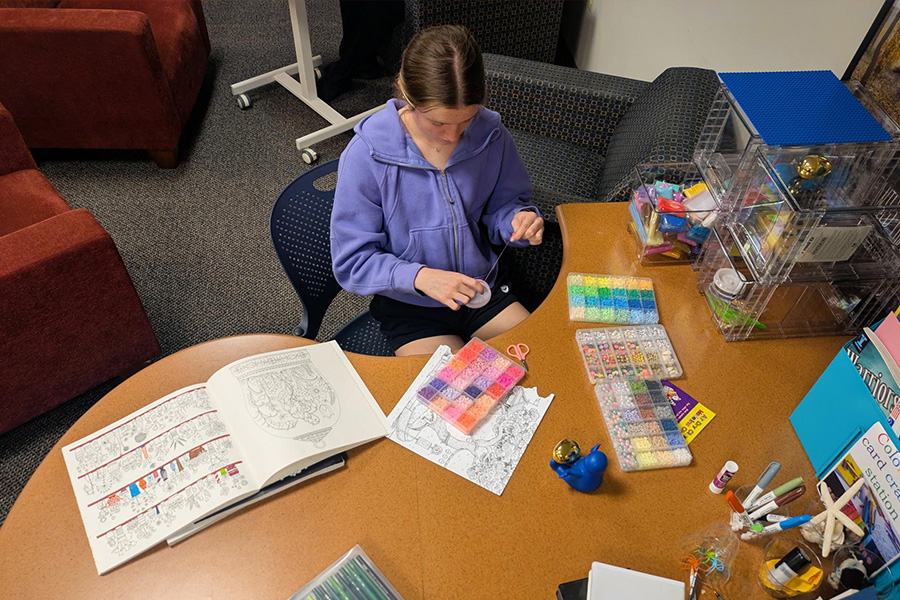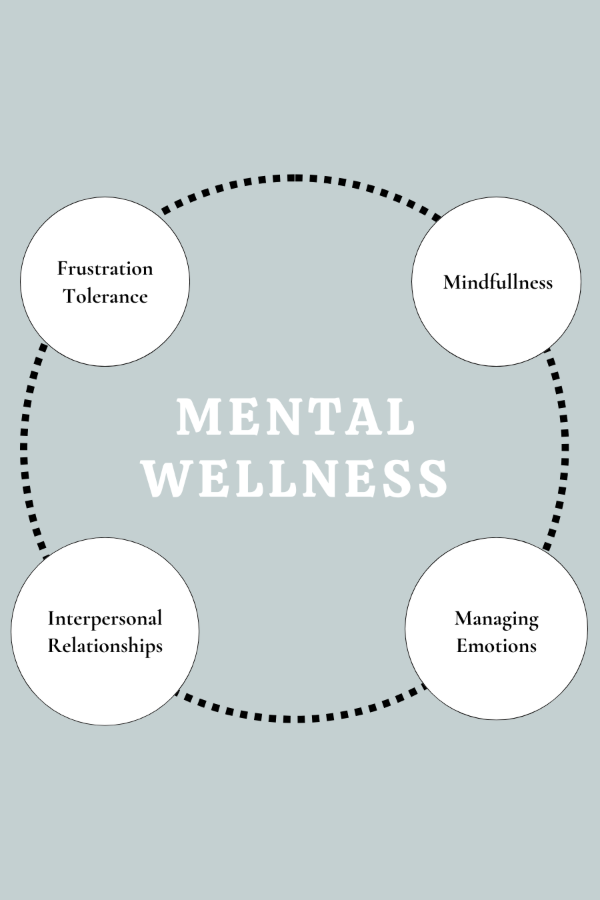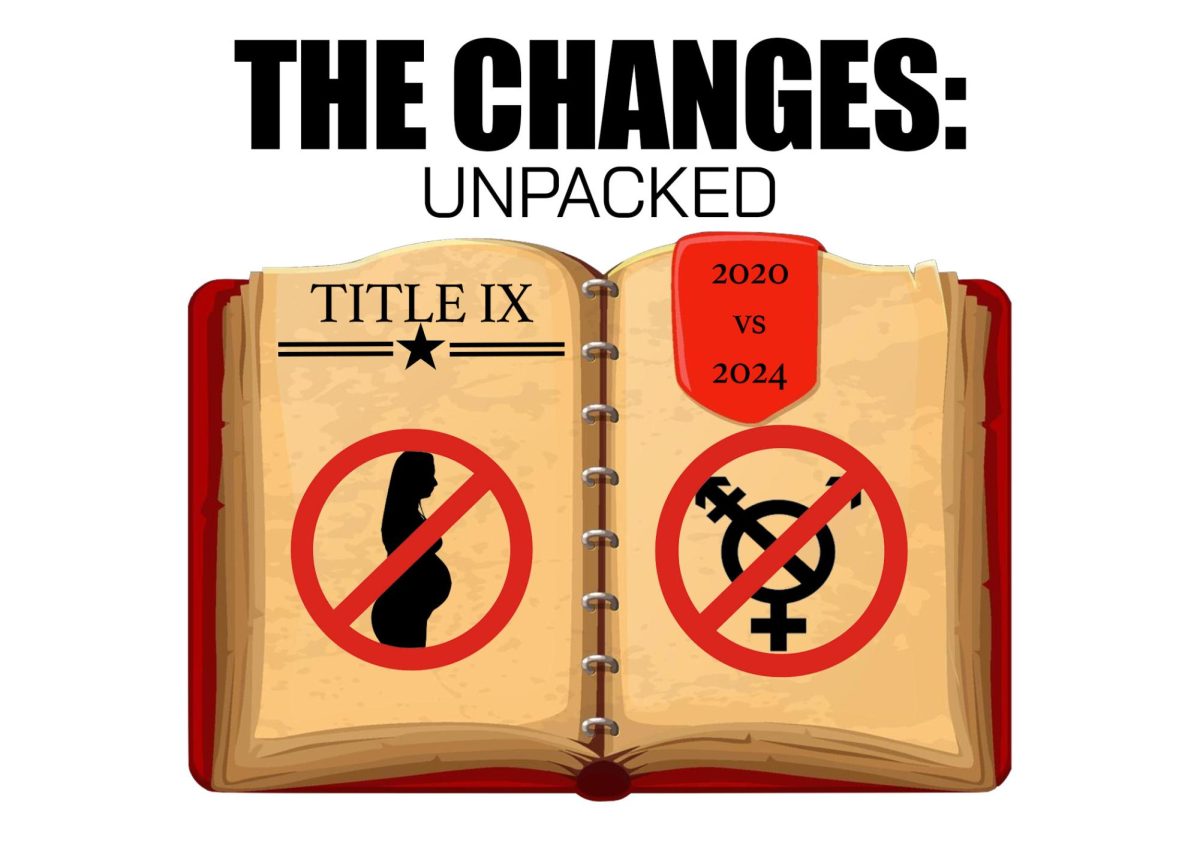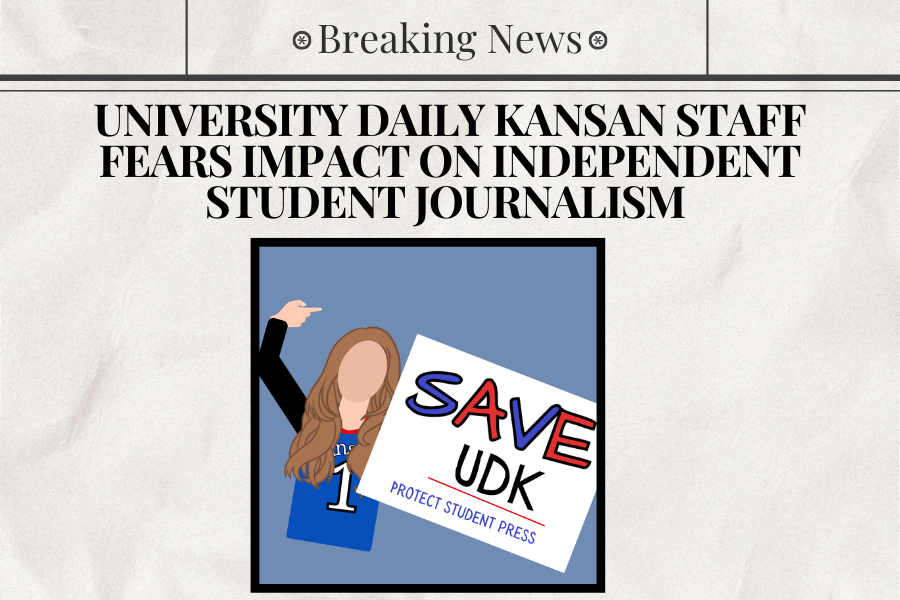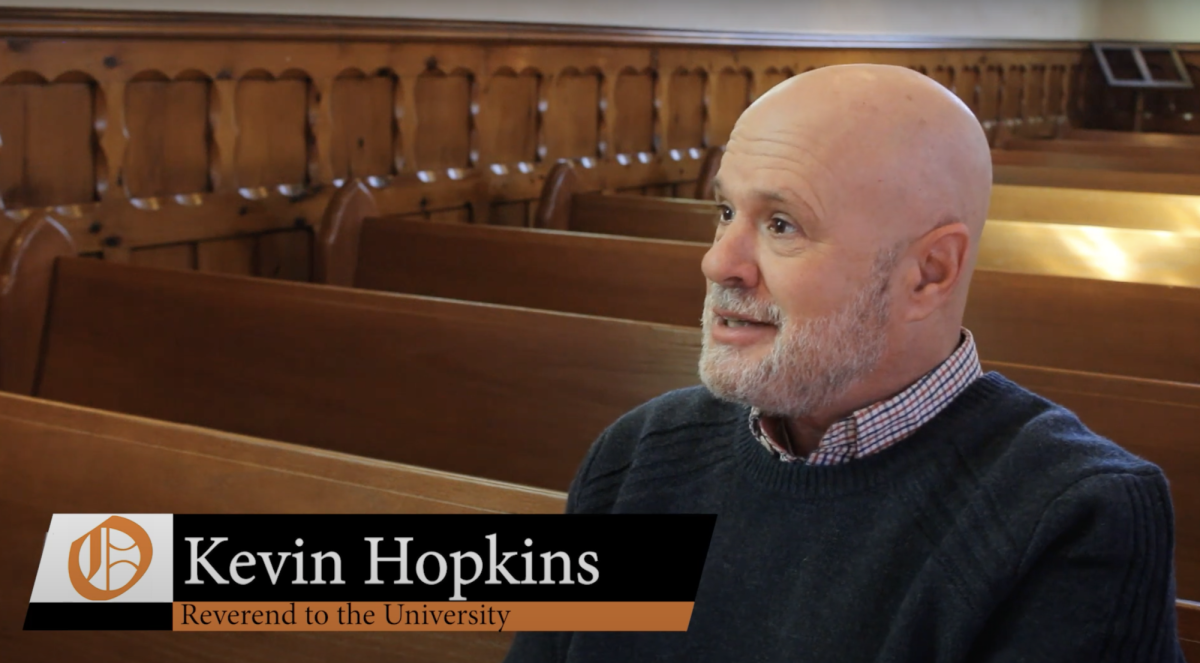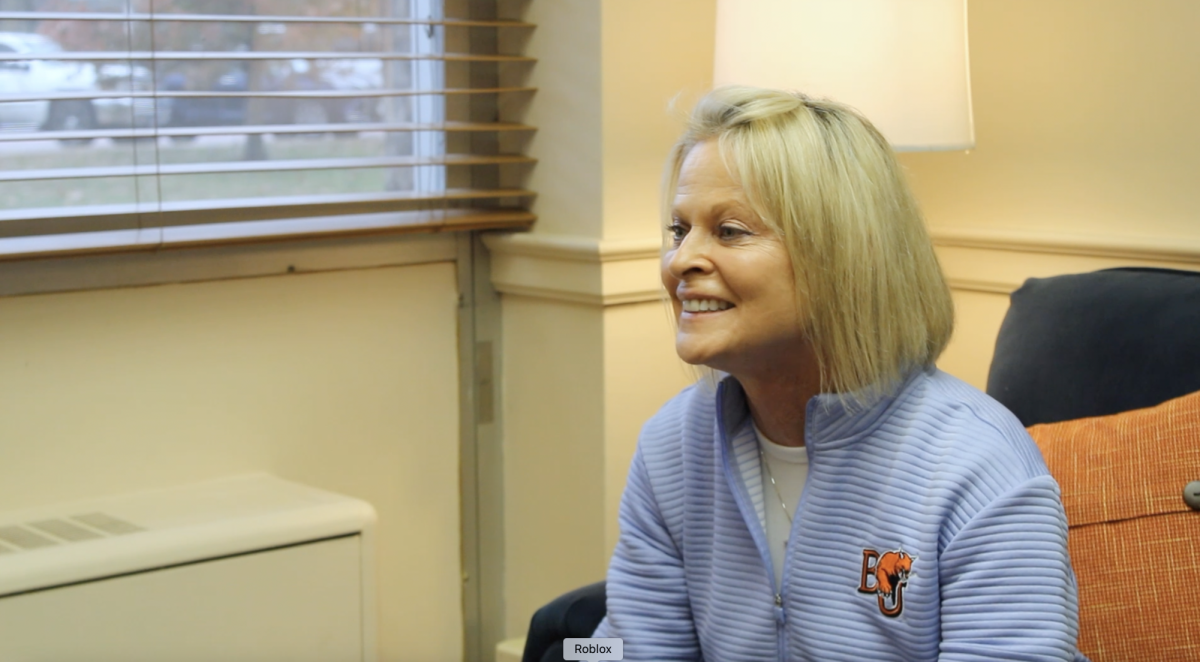Julie Tea, a consultant of the Association of Governing Boards, visited the Baldwin City campus from March 25-28 to speak to Baker students, faculty, staff, alumni, trustees and community leaders about the process of finding the university’s next president.
AGB is an organization designed to help collegiate institutions search for new presidents, vice presidents, deans and different high-ranking positions.
Tea helped with the search that landed Brian Posler, executive vice president of academic affairs and dean of the College of Arts and Sciences, at Baker and believes that the process to find BU’s next president will go smoothly, as well.
“I think this is a very unique and special place,” Tea said. “I feel like I’ve got a good grounding in the institution and that I learned a great deal through that search for Brian (Posler), and yet the institution has moved and shaken since I was here last, which wasn’t too long ago. I’ve been in learning mode as I’ve been partnered with Hoot Gibson, who is the very capable and dedicated chair of the search committee on launching the search.”
Tea said that the timing of University President Pat Long’s decision to announce her retirement 16 months in advance will be beneficial to the presidential search committee, so it will be able to hire one of its top choices among those who apply.
“There will be several presidential searches at institutions that look and feel a lot like Baker that will be launched in the fall and by her announcing now is enabling us to hit the ground running this summer,” Tea said. “She is getting us a competitive edge. The hope and expectation is that we’ll get first dibs on some of our first-choice candidates because we’ll be ahead of the eight ball.”
Tea will return to Baldwin City in the first week of May to discuss the search process with the board of trustees. Following the meeting, she will draw out a draft search prospectus.
“That is going to be a six to 10-page document that talks about the Baker of today, its composition, its array of programs and then lays out the agenda for leadership which you have all shared with me needs to be tackled,” Tea said. “It lays out what you say you need in your next president and desired attributes and skill sets and then gives instructions for applications. I’ll hand that draft over to the members of the search committee.”
Once the presidential search committee looks at the draft search prospectus, it will be given to the marketing and communications departments to make it visually appealing.
When the document is finished, the search to find Long’s replacement is scheduled to formally begin in the third week of June.
“We will send a copy of that search prospectus to the full Baker community and you will be encouraged to share that search prospectus with colleagues of yours around the country and within the region, encouraging people to nominate or throw their hats in the ring,” Tea said. “So you will have a critical role to play in being an ambassador and getting the word out about the search and encouraging people to apply who you think will be a great match for Baker in its evolution.”
An email will be sent out to approximately 5,000 university presidents, vice presidents, deans and other people who have prominent positions in academics nationwide in hope of receiving applications or suggestions. The email will include a link to the search prospectus.
“With all of us working together, we’ll spend the bulk of the summer building that pool and then after Labor Day, the search committee will begin its hard work of winnowing down that pool and we’ll speak with references on behalf of leading candidates,” Tea said. “We’ll utilize the (world wide) web, we’ll do literature searches and Google searches to learn all we can about these candidates. There will be no surprises.”
Tea’s goal is for the search committee to pick three to four final candidates by mid to late November. Those candidates will each visit campus for one or two days and speak to a variety of people in the Baker community.
“There will be a confidential feedback loop for campus and community members to share with the search committee their impressions of the candidates (in terms of) what they see as their strengths and any areas of concern they have identified and who they think is a great match for Baker and why,” Tea said. “That feedback will be taken very seriously and instilled by the search committee and offered in a final report to the board (of trustees).”
Following the feedback, the board of trustees hopes to select the university’s next president by the end of the fall 2013 semester.
“We’ll send periodic updates to the campus to let you know and reassure you that the search is progressing on pace, on time, as predicted and to well any concerns that you may have,” Tea said.


